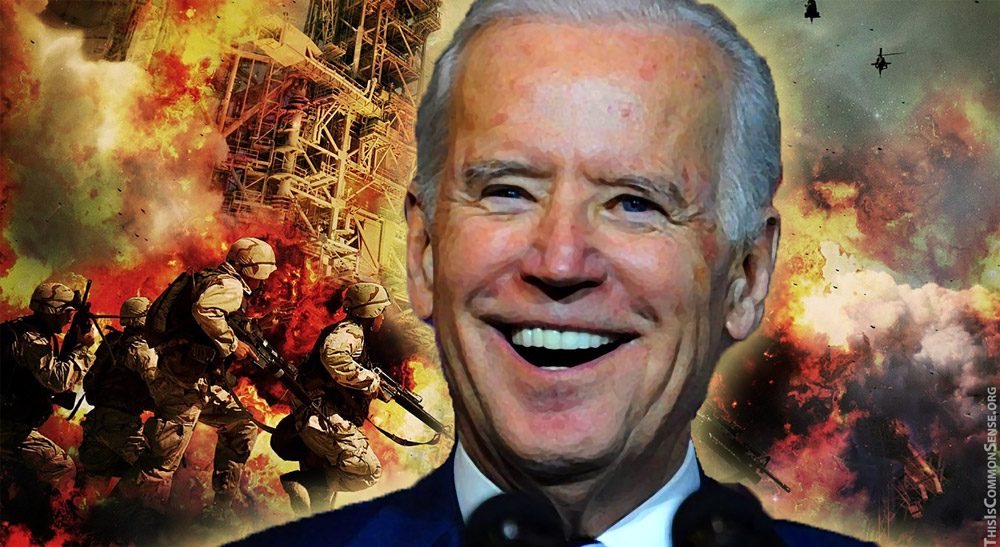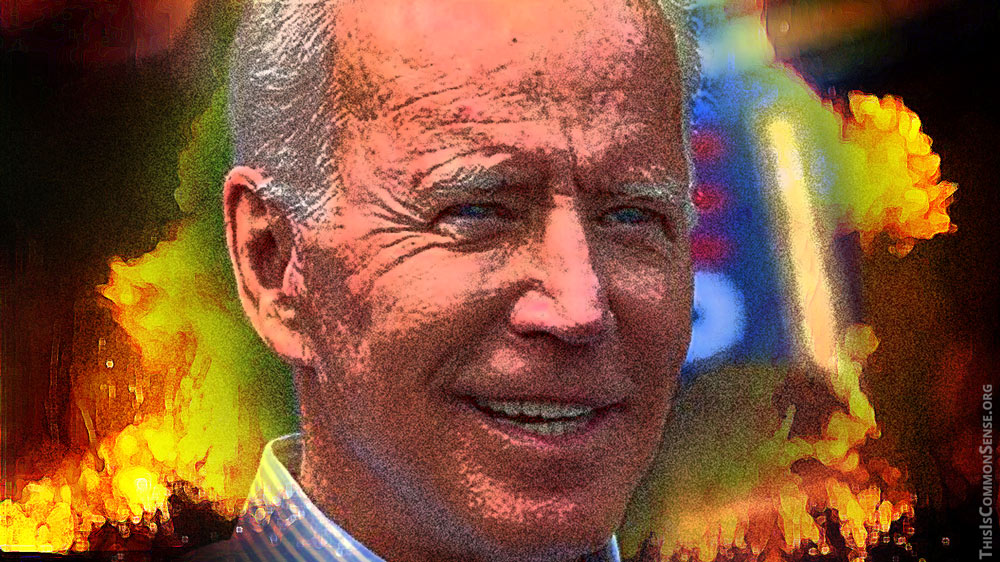Declaring a coming end to “the forever war,” President Joe Biden announced last week that U.S. military forces will be leaving Afghanistan by September 11th* — a four-month-and-ten-day delay from the May 1 deadline that was set for troop withdrawal by the Trump Administration last year.
“Apparently, we’re to help our adversaries ring in the anniversary of the 9 – 11 attacks, by gift-wrapping the country and handing it right back to them,” chided Minority Leader Mitch McConnell from the Senate floor.
But wait a second … McConnell knows that negotiating for the enemy Taliban, the horrific human rights violator and sponsor of terrorism, to put down arms and join the government to share power has been the U.S. policy objective from the Obama Administration’s embrace in 2013 to the Trump Administration actually inking the agreement.
Dealing the Taliban back into the political mix, after having gone to war to dislodge them, never made sense. But neither does an ad infinitum military occupation seem rational … chewing up generations of soldiers until Afghanistan miraculously metamorphoses into a sustainable democracy. Two decades of U.S. nation-building offer no serious promise that the mission could be accomplished in another decade.
Or two.
Or ever.
Plus, plugging the problem in Afghanistan has not worked more broadly. “The terrorist threat has changed dramatically since we went to war in Afghanistan 20 years ago,” National Security Advisor Jake Sullivan explained. “Al-Qaeda is in Yemen and Syria and Somalia. ISIS is across that border region in Iraq and Syria and in multiple countries in Africa.”
Policy futility is a bad thing. Recognizing it is good.
This is Common Sense. I’m Paul Jacob.
—
See all recent commentary
(simplified and organized)







